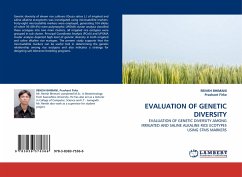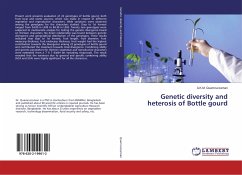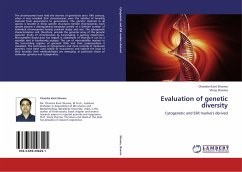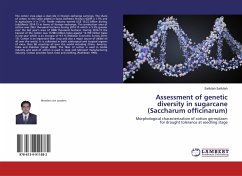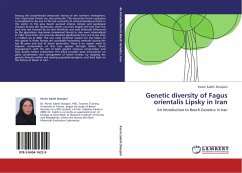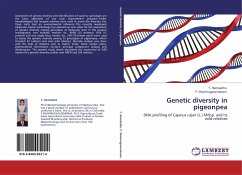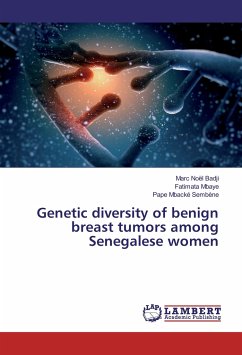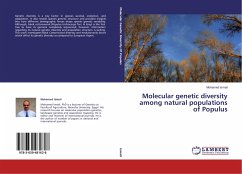Genetic diversity of eleven rice cultivars (Oryza sativa L.) of irrigated and saline alkaline ecosystems was investigated using microsatellite markers. Forty-eight microsatellite markers were employed, generating 104 alleles of which 93 (89.4%) were polymorphic UPGMA cluster analysis classified these ecotypes into two main clusters, all irrigated rice ecotypes were grouped in sub cluster. Principal Coordinate Analysis (PCoA) and UPGMA cluster analysis depicted high level of genetic diversity in both irrigated and saline alkaline rice ecotypes. The present study supports that the microsatellite markers can be useful tool in determining the genetic relationship among rice ecotypes and also indicates a strategy for designing salt tolerance breeding programs.
Bitte wählen Sie Ihr Anliegen aus.
Rechnungen
Retourenschein anfordern
Bestellstatus
Storno

